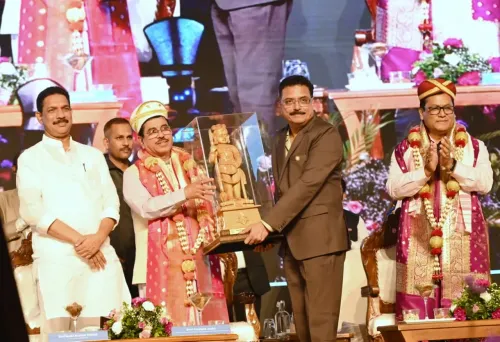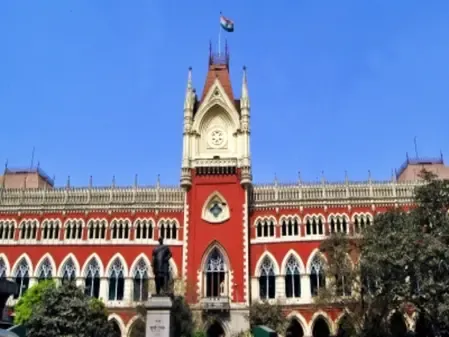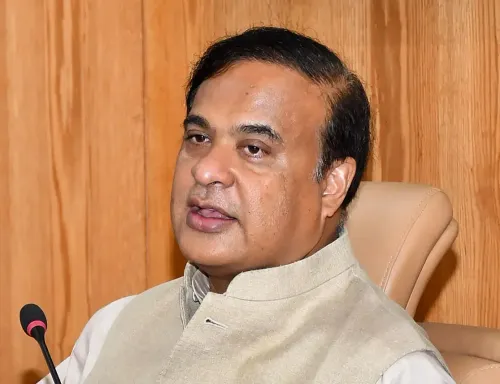What Prompted the Ceasefire Declaration When India Was Close to Occupying PoK?

Synopsis
Key Takeaways
- Kalyan Banerjee questions the rationale behind the ceasefire with Pakistan.
- He compares the ceasefire to a sports team prematurely ending a match.
- Concerns about US influence on India's military decisions were raised.
- Banerjee insists on reclaiming PoK.
- He highlights serious lapses in intelligence and security that led to the tourist killings.
Kolkata, July 28 (NationPress) Kalyan Banerjee, a four-time Lok Sabha member representing the Trinamool Congress, questioned the Centre on Monday regarding the rationale behind the Indian government's decision to declare a ceasefire against Pakistan during Operation Sindoor. This occurred at a pivotal moment when the Indian armed forces were almost ready to secure Pakistan-Occupied Kashmir (PoK).
"Can you imagine a cricket match where a team declares its innings just as a batsman approaches a century? This is analogous to the ceasefire declaration against Pakistan when the nation was anticipating justice for the tragic killing of 26 tourists by four terrorists in Pahalgam, Jammu and Kashmir, earlier this year. The Indian forces were prepared to take PoK, making the ceasefire a strategically misguided choice," Banerjee articulated while addressing the Parliament during the Monsoon session on Operation Sindoor.
He further expressed his dismay that the announcement of the ceasefire was delivered to the public through a social media post from US President Donald Trump, rather than the Indian government.
"Why did the Indian government yield to US pressure to announce a ceasefire? Even while we were in opposition, we stood firmly with the government amid rising tensions with Pakistan. Yet, you ultimately conceded to external pressure," Banerjee continued.
He reiterated his desire for the Indian government to reclaim PoK, which has been unlawfully occupied by Pakistan for years.
Earlier in his address, Banerjee described the horrific killings of 26 tourists at Pahalgam by just four terrorists in April as a result of complete failure in intelligence and security.
"How did these four terrorists manage to enter India, commit the murders, and then return to Pakistan? What was the Border Security Force doing? What about the Intelligence Bureau? What actions did the Union Home Ministry take?" Banerjee questioned.
He also remarked that while Prime Minister Narendra Modi is quick to claim credit for successes, he rarely takes responsibility for failures.









